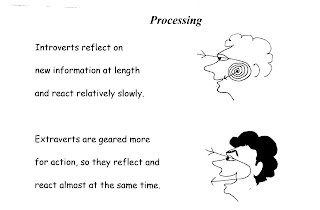"So hear we have a graphic of how the new tax levy we are seeking will affect us. I know you can't really read it, so I will point out what it says." And on the superintendent went to explain every column, every row and every detail of the complicated graphic displayed in front of us, while we squinted, we rubbed our eyes and we nodded off. Words skipped in and out of my recognition, leaving me wondering after 20 minutes of his speaking at us, what he had said.
I walked away more perplexed than when I walked in. I hadn't a clue how to explain what I had just heard.
"Think like a wise man but communicate in the language of the people." William Butler Yeats
How often do we confuse audiences? We assume they know what we are saying, yet we speak the jargon of our industry instead of the language of the people?
As you organize your ideas for a talk, keep in mind a few techniques:
- Compare the strange with the familiar. If your audience is unfamiliar with the concept you are addressing, compare it to something in their world so they get a sense of your idea.
- Turn your fact into a picture. Instead of simply stating how large a state is, compare it in size to the state of your listeners (3 times the size of Ohio; it's like Ohio, Indiana, Michigan and Kentucky all put together)
- Avoid technical terms. Put all language into the least educated listener's language. Or if teaching a term, take the time to do points 1 and 2.
- Use visual aides. First, if your language requires teaching, show how the word or phrase is spelled. Secondly, make comparisons and pictures through your language or through graphics or by demonstration. And be sure the graphics are simple, clear and easy to see.






